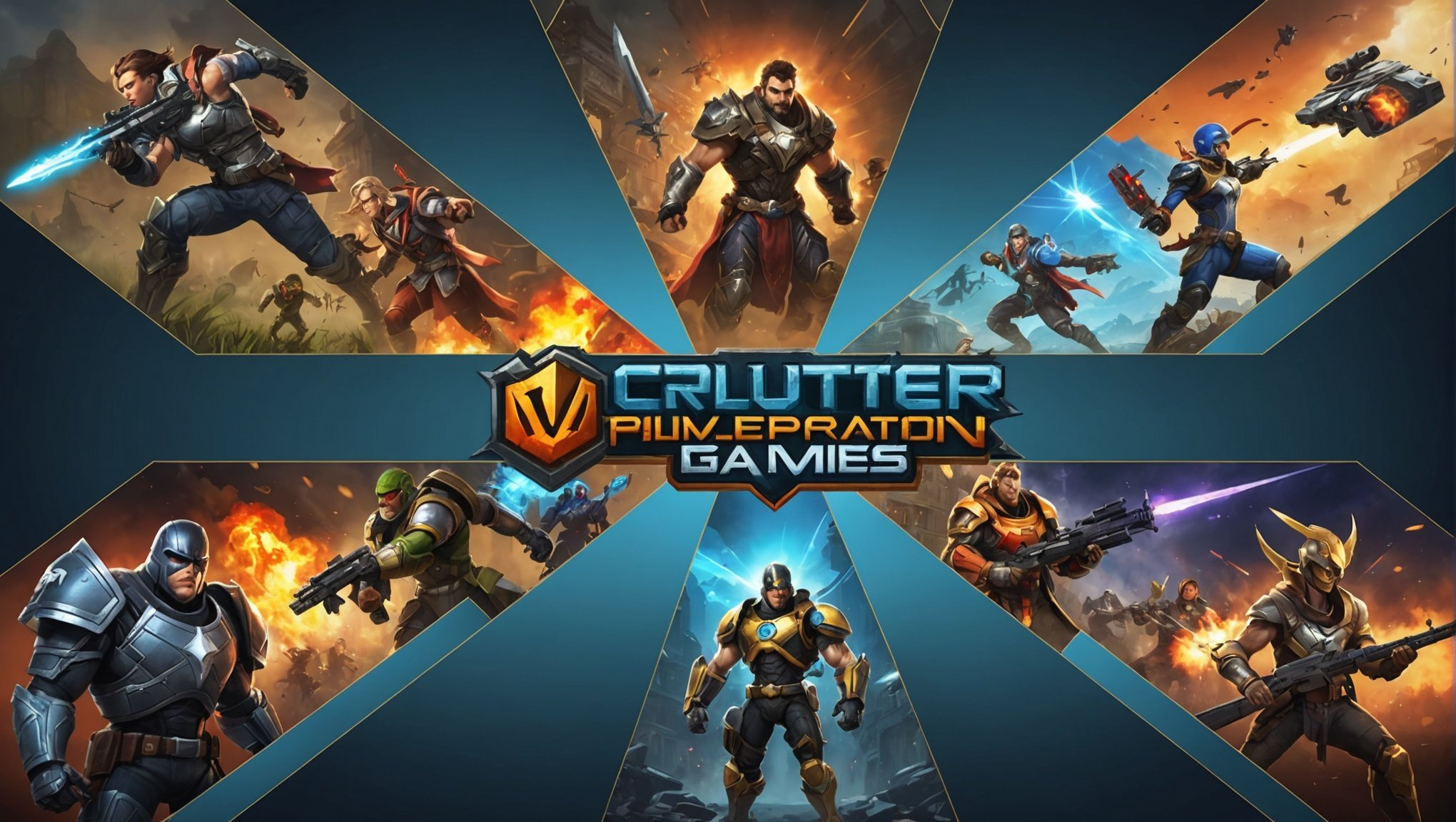Developing multiplayer online games is already a complex task. But when you decide to take your game cross-platform, the challenge intensifies. Cross-platform games are designed to run on multiple gaming platforms, such as mobile devices, consoles, or personal computers. Developers need to ensure that these games offer a consistent and enjoyable user experience, no matter the device or platform. However, the strategy of game development for cross-platform operation comes with a unique set of challenges.
Developing cross-platform multiplayer games is a labyrinth of complexities and challenges that developers must navigate. This article aims to explore those challenges and explain how they can impact the gaming experience for players.
In parallel : How can developers use blockchain technology to prevent cheating in online multiplayer games?
Platform Specific Limitations
One of the most significant hurdles in developing cross-platform multiplayer games is dealing with platform-specific limitations. Each gaming platform, be it a mobile device, a console, or a personal computer, has its own set of strengths and weaknesses.
Mobile platforms like Android and iOS are famous for their portability and touchscreen interface. However, they lack the processing power and graphical capabilities of consoles and PCs. On the other hand, consoles like PlayStation and Xbox provide high-performance gaming but lack the portability of mobile devices.
In the same genre : How can developers ensure ethical use of AI-generated content in open-world games?
These inherent differences between platforms can make it difficult to deliver a consistent gaming experience across all devices. Developers need to tailor the game’s performance and controls to each platform while maintaining a common gaming experience. This balancing act can prove to be a significant challenge.
Cross-Platform Game Engine Limitations
The choice of a game engine plays a vital role in the development of cross-platform games. A game engine is the software that developers use to create and manage the game’s digital realm. Some popular game engines, like Unity, support cross-platform development, enabling developers to write code once and deploy it across multiple platforms.
Despite their advantages, these game engines also have their limitations. One of these limitations is the lack of platform-specific optimization. While these engines allow for cross-platform development, they don’t always exploit all the unique features of each platform. This lack of optimization can lead to subpar gaming performance on certain platforms.
Maintaining Consistent User Experience
Another significant challenge in developing cross-platform multiplayer games is ensuring a consistent user experience across all platforms. Players should be able to enjoy the same level of gameplay, graphics, and performance, regardless of the device they are using.
But the difference in screen sizes, control methods, and processing power between devices can make this difficult. For example, what works well on a large TV screen with a console may not translate well to a small mobile screen with touch controls. Balancing these factors to deliver a consistent and engaging gaming experience can be a tough task.
Synchronizing Multiplayer Sessions
In multiplayer games, players from different parts of the world come together to play on a common platform. For a smooth gaming experience, the game needs to be well-synchronized across all these different platforms.
However, synchronizing multiplayer sessions across different platforms and devices is no easy feat. Developers need to account for different connection speeds, processing power, and input methods. Any discrepancy can lead to an unfair advantage for some players and a disappointing gaming experience for others.
Ensuring Cross-Platform Compatibility
Last but not least, cross-platform compatibility is a significant challenge for developers. Compatibility issues can arise due to the different hardware and software configurations of each platform.
For instance, a game developed for the Windows operating system might not run smoothly on macOS due to compatibility issues. Similarly, a game developed for the latest iPhone might not work as intended on an older Android device. Developers need to test their games rigorously on all target platforms to ensure compatibility and smooth performance.
Developing cross-platform multiplayer games is a daunting task, filled with complex challenges. It requires a deep understanding of each platform’s strengths and limitations, a careful choice of game engine, and a meticulous approach to game design and testing. Only then can developers deliver a game that offers a consistent, enjoyable, and fair gaming experience for all players, no matter their choice of platform.
Addressing Differences in Hardware Performance
Another obstacle that needs to be tackled in the development of cross-platform multiplayer games is the varying hardware performance across different platforms. Each gaming platform, whether a console, a PC, or a mobile device, is equipped with different hardware components that contribute to its overall performance capability.
For instance, the processing speed, memory, and storage capacity of a gaming console are usually superior to that of mobile devices. This means a game that runs smoothly on a console might experience issues like lagging or freezing when played on a mobile device.
On the other hand, PCs, especially those built for gaming, often have superior hardware capabilities compared to consoles and mobile devices. A game that is not optimized for such high-performance hardware might not fully utilize the potential of the PC, causing a sub-optimal gaming experience for PC users.
Developers need to carefully optimize their games for each platform, taking into account its specific hardware capabilities. They must strike a balance between delivering high-quality graphics and smooth gameplay, and ensuring that the game runs well on all target platforms. It’s a difficult task that requires careful planning, optimization, and extensive testing.
Managing Cross-Platform Updates and Patches
One more challenge that developers face in creating cross-platform multiplayer games is managing updates and patches across all platforms. Regular updates are crucial in the gaming industry, as they can fix bugs, introduce new features, and improve the overall gaming experience. However, coordinating these updates across different platforms can be complex.
Platforms like PlayStation, Xbox, and PC each have their own set of requirements and processes for releasing game updates. Developers need to work within these guidelines to ensure that updates are released in a timely and efficient manner.
At the same time, updates need to be coordinated across all platforms to ensure a fair and consistent gaming experience for all players. If an update is released on one platform before the others, it could give those players an unfair advantage in multiplayer games.
This requires careful planning and coordination on the part of the developers. It also means that developers need to maintain a strong relationship with each platform’s owner, as they often need to work together to coordinate updates and patches.
The development of cross-platform multiplayer games is a task that is as complex as it is exciting. It involves overcoming numerous challenges, from handling platform-specific limitations and hardware performance differences to ensuring a consistent user experience and managing updates and patches.
Despite these challenges, the benefits of developing cross-platform games are clear. They allow more players to enjoy the game, regardless of their preferred platform, and can significantly increase the game’s potential audience. With careful planning, meticulous testing, and a deep understanding of each platform’s strengths and limitations, developers can successfully navigate the labyrinth of complexities and deliver a game that offers a consistent, enjoyable, and fair gaming experience for all players.











